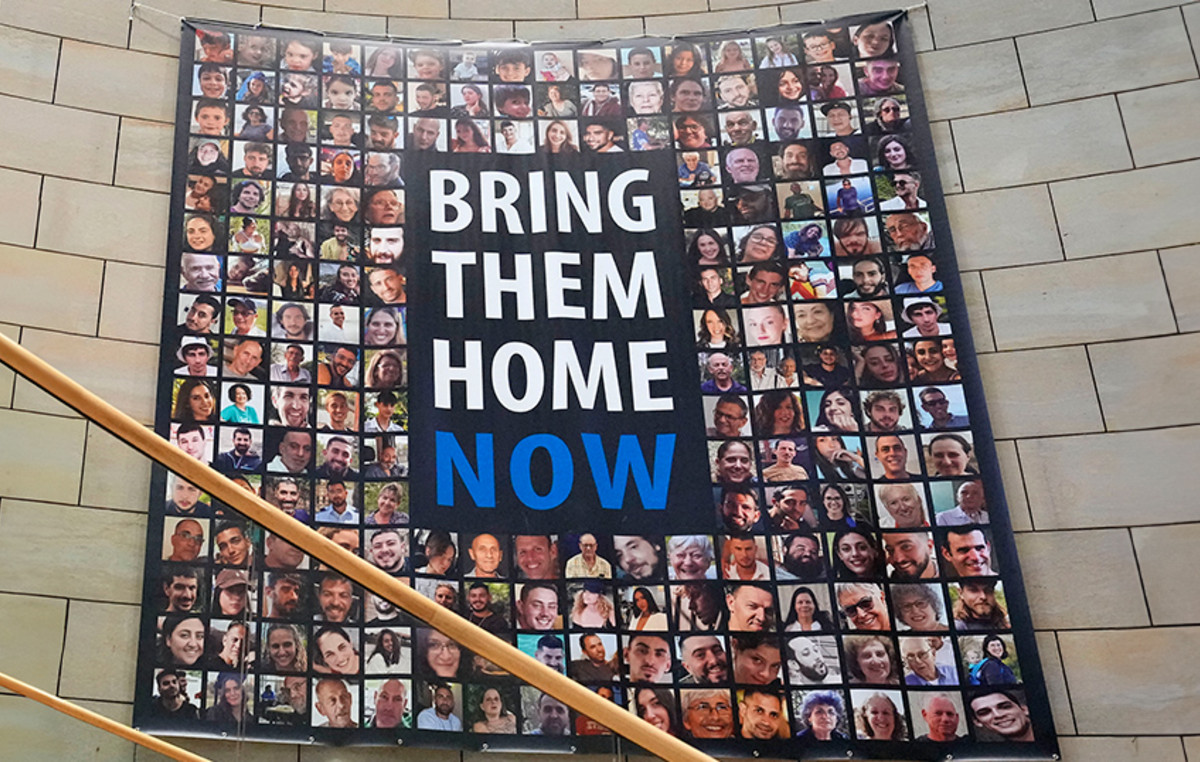The co-founder of Ethereum has stated that there is a need to find a solution to the privacy of the network, since all information contained in the blockchain is public by default.
Vitalik Buterin described this as a challenge that hidden addresses can solve to make peer-to-peer transactions, transfer of non-fungible tokens, and registration in the Ethereum Domain Name System (ENS) anonymous, protecting user data.
The recipient of cryptoassets can create and store a “spending key”, which will then be used to create a hidden meta address. An address that can be registered with ENS is passed to the sender, who cryptographically computes a meta address to create a hidden address owned by the recipient. The sender can then transfer the crypto assets to the recipient’s hidden address, in addition to publishing a temporary key to verify that the hidden address belongs to the recipient. As a result, a new hidden address is created for each transaction.
Buterin noted that along with the key hiding mechanism, the Diffie-Hellman exchange protocol, which maps unique addresses to a public key, should be used. This will mask the association between the hidden address and the user’s meta address. The Ethereum co-founder mentioned the zk-SNARK zero-knowledge proof technology, which can also increase the privacy of transactions. However, he noted that in this case, even for one transaction, a large amount of additional gas may be required.
According to Buterin, the proposed concept of hidden addresses provides privacy different from that provided by the Tornado Cash cryptocurrency mixer. The US Office of Foreign Assets Control (OFAC) sanctioned Tornado Cash may hide transfers of major fungible crypto assets, be it ETH or other ERC-20-based altcoins. However, it is difficult for a mixer to ensure the confidentiality of transactions with little-known ERC-20-based crypto assets, and this is true for NFT transfers, says Buterin.
“Today, basic hidden addresses can be implemented fairly quickly and will greatly enhance the privacy of Ethereum. Of course, support will require some work on the part of the wallet. However, I believe that wallets should develop a multi-address model,” says the ETH co-founder.
Recently, Vitalik Buterin spoke about the prospects for zk-STARK and suggested that in 10-20 years this technology will occupy the same important place as the blockchain. In addition, the Ethereum co-founder believes that the creation of inflation-resistant stablecoins and access to the Internet through Ethereum will be important achievements in the crypto industry.
Source: Bits
I am an experienced journalist, writer, and editor with a passion for finance and business news. I have been working in the journalism field for over 6 years, covering a variety of topics from finance to technology. As an author at World Stock Market, I specialize in finance business-related topics.







